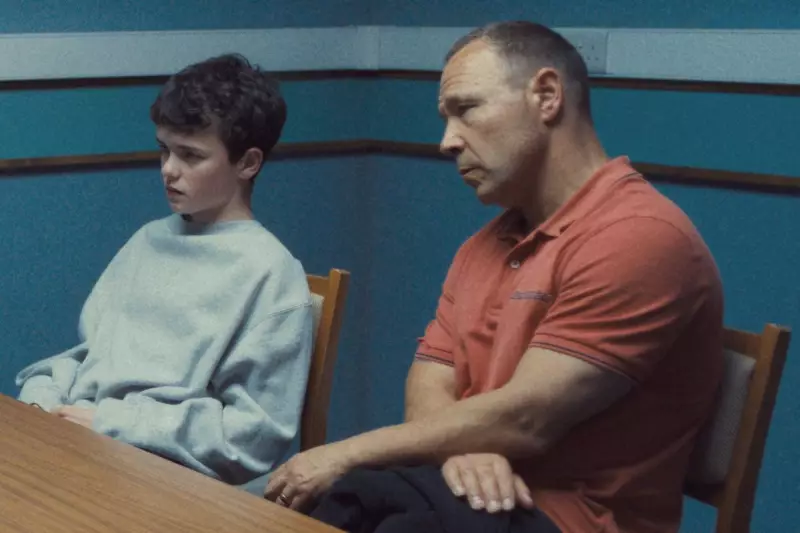
Teachers across the UK are sounding the alarm, reporting a dramatic shift in classroom dynamics they are directly attributing to the influence of streaming giant Netflix. The issue was thrust into the spotlight during a powerful session at the prestigious Edinburgh Television Festival.
Geoff Barton, General Secretary of the Association of School and College Leaders (ASCL), delivered a stark warning. He stated that popular teen-focused dramas, notably the controversial series '13 Reasons Why', are having a profound and tangible impact on student behaviour. The show's graphic themes are reportedly being re-enacted in school corridors and playgrounds.
The 'Netflix Effect': A Generation in Crisis
Barton detailed what educators are now calling the 'Netflix Effect.' This phenomenon describes how binge-watched content is shaping teenage language, social interactions, and emotional responses. The result is a generation that is 'anxious, troubled, and fearful of the future,' with teachers struggling to manage the fallout.
The problem isn't confined to teenagers. Barton revealed a startling trickle-down effect, with children in primary schools now exhibiting what he termed a 'mini-adolescence.' Pupils as young as nine are displaying angst and behavioural issues once typical of much older students, forcing a fundamental rethink of pastoral care at all levels of education.
From Educators to Emergency Responders
The surge in complex mental health issues has dramatically altered the role of a teacher. Barton emphasised that school staff are now de facto frontline mental health workers, often being the first to identify and respond to serious crises among their pupils.
This unprecedented pressure comes at a time when schools are already stretched thin. The session concluded that the education system is effectively propping up other public services, particularly child and adolescent mental health services (CAMHS), which are facing overwhelming demand and chronic underfunding.
The message from Edinburgh was clear: the government and content creators must acknowledge this growing crisis. As streaming content becomes more immersive and accessible, its impact on young, impressionable minds can no longer be ignored by policymakers or producers.





